CHARLESTON, W.Va. — West Virginia Secretary of State Mac Warner is proud of how election officials and others addressed the challenges of the 2020 presidential election.
An election cycle impacted by the coronavirus pandemic, Warner acknowledges county clerks and poll workers for handling absentee ballot requests and successfully overseeing polling site operations.
“Everybody did a great job,” West Virginia’s top election official told MetroNews. “We had the second-highest turnout in the state’s history that November, so I think we should all be proud of that.”
Warner, however, has questions about procedures in other states. As Donald Trump cruised to carrying West Virginia’s five electoral votes, officials across the country were still counting ballots in contests that led to Joe Biden’s eventual victory. Trump and his allies responded with claims that election fraud impacted the overall results, and Republican lawmakers followed by challenging ballot counts.
A month after Election Day, Warner — fresh off of a successful campaign for a second term — participated in a “March for Trump” rally outside of the state Capitol. As people held “Stop the Steal” and Trump 2020 flags behind him, Warner told Right Side Broadcasting Network that West Virginians wanted their ballots counted equal to votes in other states.
“I make the analogy of a football game,” he said. “If the scorekeeper is giving the other team eight points for a touchdown and only five points for us, you’ve got a problem.”
Now a year and a half since Election Day 2020, Warner’s doubts persist like his praise for West Virginia’s election work.
“What I can say is President Biden was elected,” he recently told MetroNews. “When somebody puts that word fairness or duly or whatever in front of it, now you get looking at the process. I can tell you in West Virginia, the process was fair.”
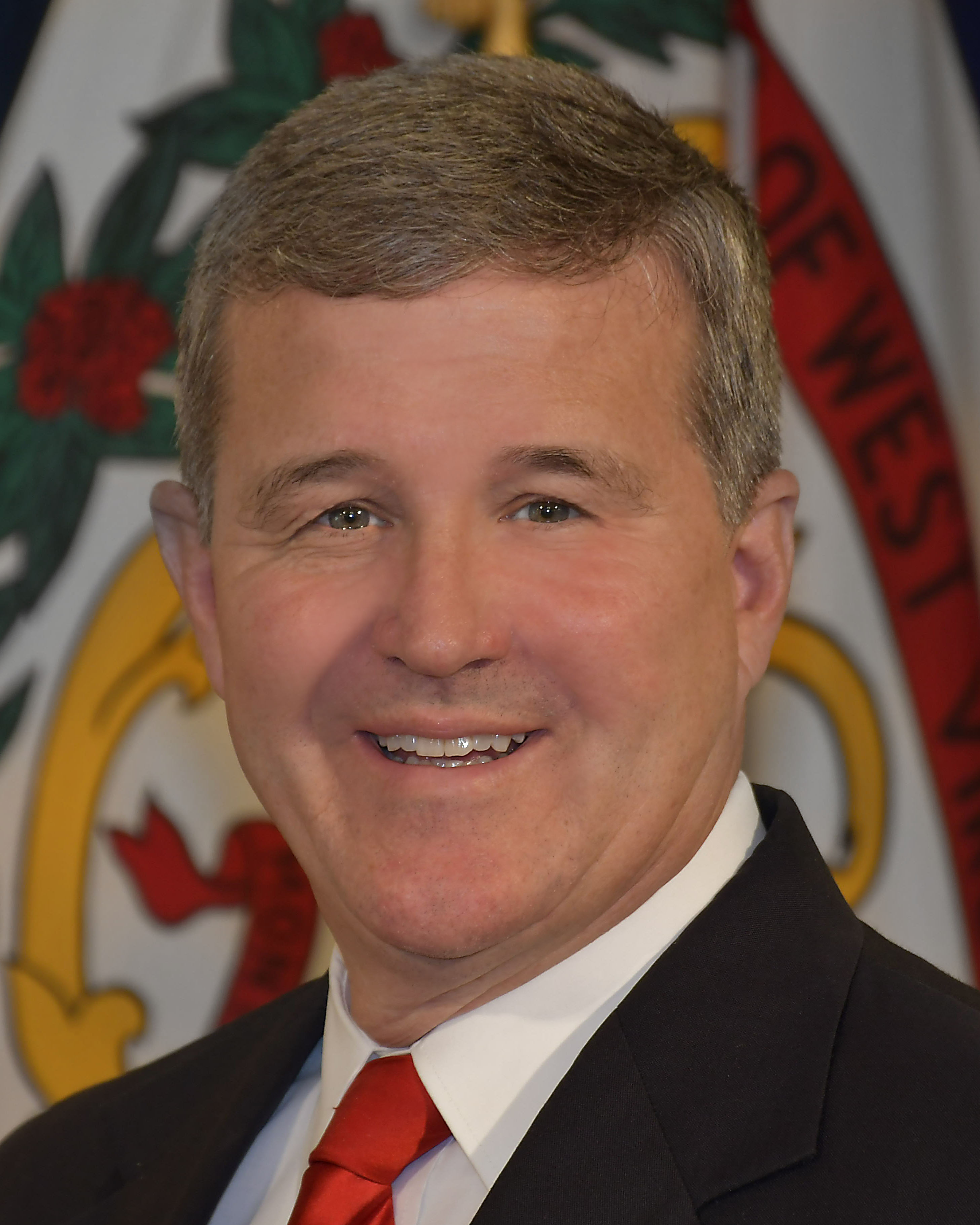
Warner is not the only West Virginia politician to question the results. Gov. Jim Justice refused to acknowledge Biden as president-elect after news organizations projected the former vice president as the winner. Members of the state’s congressional delegation backed legal efforts against the election. Attorney General Patrick Morrisey supported a federal lawsuit challenging ballot counts in states that Biden carried, and other lawmakers endorsed the effort.
Two of West Virginia’s congressional delegates — Republican Reps. Alex Mooney and Carol Miller — refused to certify the election results from certain states just hours after Trump supporters stormed the U.S. Capitol.
“If you’re a sports fan, there’s always that person that complains about their team losing because of a specific call or that they were cheated, not recognizing the game can be fair, you can lose, and you need to move on and fight another day,” said Erik Herron, the Eberly Family Professor of Political Science at West Virginia University.
“I don’t want to overdo a sports analogy, but we definitely have increasingly treated our elections not only as a zero-sum game, but one where we’re on a particular team. And we increasingly seem unwilling to recognize the fairness of the game if our side loses.”
The arguments against the 2020 election results center on how other states operated. States, including West Virginia, were more flexible with eligibility and requests related to mail-in voting, and the deadline for accepting votes was extended as long as the ballot was postmarked before the end of Election Day. Some states also offered drop boxes for placing ballots. The increase of absentee ballots was coupled with concerns regarding the Postal Service and delayed services.
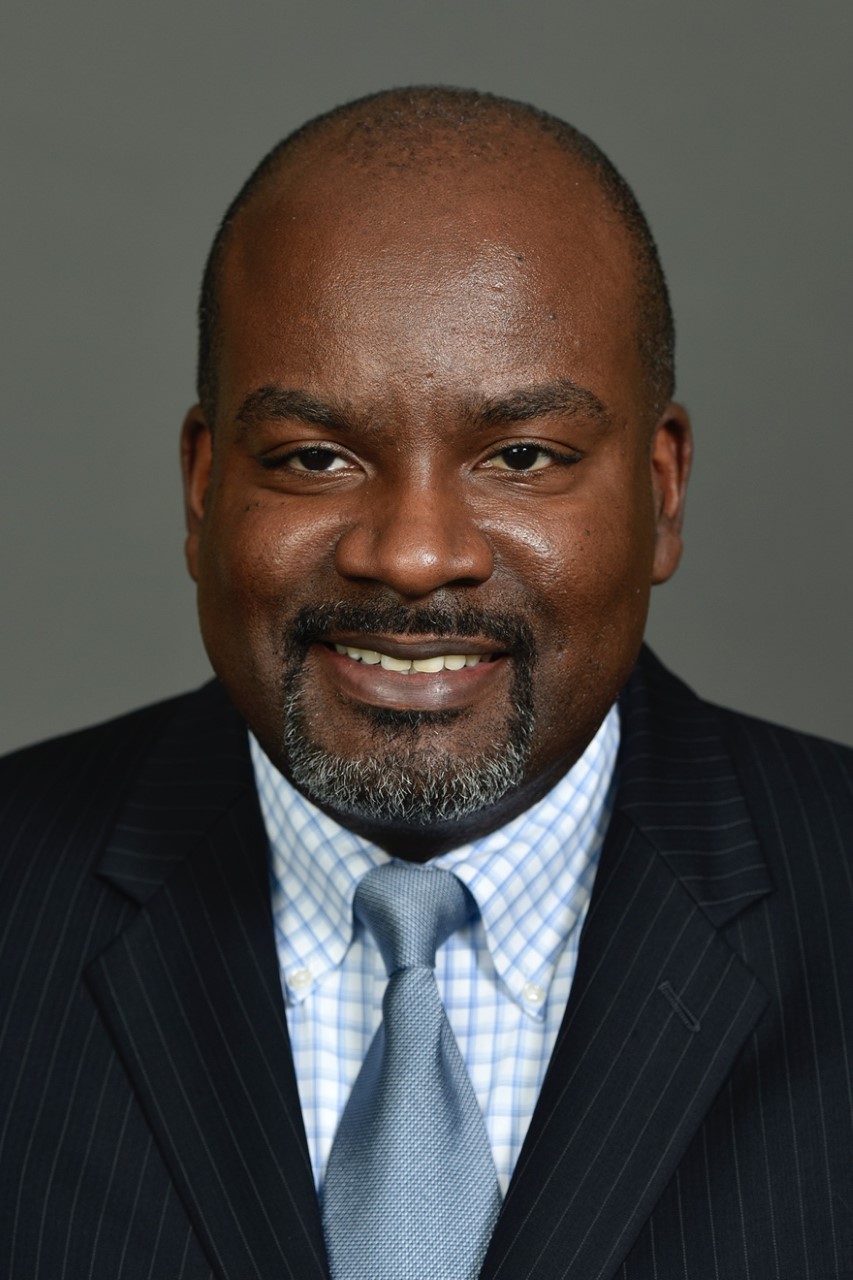
“The evidence would suggest that our current electoral system is working the way it was designed to,” Atiba Ellis, a professor at the Marquette University Law School, said. “There have been independent experts that recognize that the 2020 election was one of the safest conducted in modern times despite the pandemic, despite the challenges that came with administering an election in this day and age, and despite the rhetoric of election fraud that has often been repeated ever since November 2020.”
Ellis’ studies have led to his creation of the “meme of voter fraud,” an idea suggesting people frame claims of bad election actors similar to how they share information and humor online.
“Certainly, we’re used to that in terms of cute cat videos on the internet or Minions running around acting cute,” he explained about memes. “Scholars who think in terms of memetics also talk about memes in terms of political, social and cultural ideas. In that sense, the claim of unchecked voter fraud is also a meme. It’s an idea framed in a way that is understandable and relatable, but it doesn’t necessarily have to be true in order to be powerful.”
Ellis, who previously taught at West Virginia University’s College of Law, also noted Trump’s challenges to the election did not begin in 2020.
“If you recall from 2016, he said he didn’t win the popular majority because of illegal voters, but there was no evidence presented in an objectively verifiable manner that demonstrated that these illegal voters affected the election results,” he said. “The only difference between 2016 and 2020 in terms of the election fraud rhetoric from ex-President Trump and his allies is that the result turned in the way that was not favorable to those groups.”
Doubts of the election results accelerated as officials across the country were still counting ballots. Mooney — who won his re-election bid — called actions in other states proof of “a lack of transparency” that fueled questions about the election’s standing. Morrisey — preparing for a third term as attorney general — signed a brief to the U.S. Supreme Court directed at stopping the ballot count in Pennsylvania.
Herron, who has been an election observer in foreign elections and an election official in the United States, explained it is “very difficult” to commit election fraud.
“When there is fraud at scale, the people who are perpetrating it are not very good at hiding what they’re doing,” he said.
Sen. Joe Manchin, D-W.Va., recognized the election results after news organizations announced Biden as the projected winner.
Justice — having won a second term just days prior — refused to recognize Biden as president-elect in the days following the election.
“We want to absolutely know that the votes that were cast were legal votes, and we want our election process to be absolutely sound,” the governor stated during a Nov. 11, 2020 coronavirus briefing.
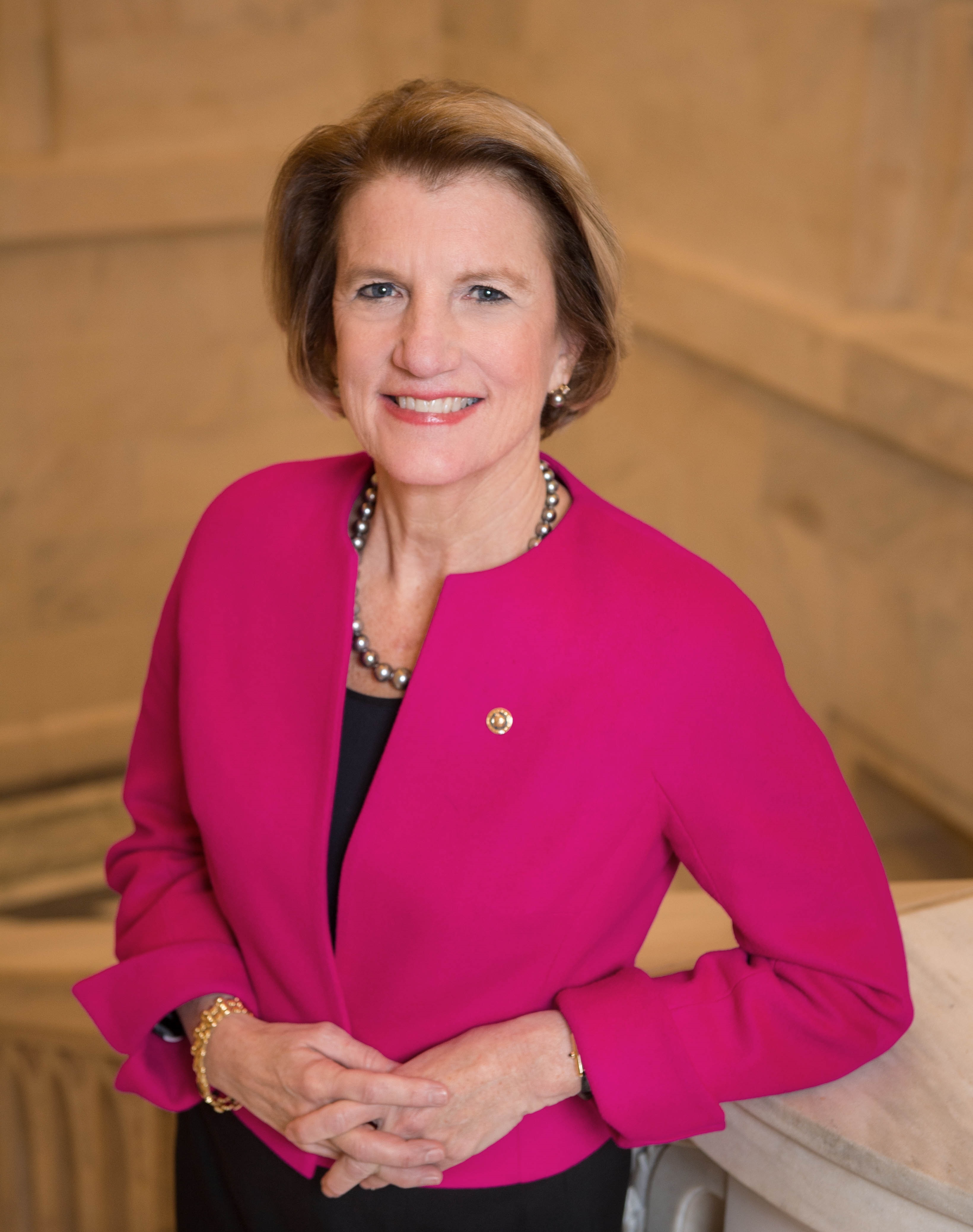
“When we get to that conclusion, if Joe Biden is truly our elected president, I will support him with all of my soul.”
Three weeks after Election Day, U.S. Sen. Shelley Moore Capito, R-W.Va., called for Trump and Republicans to move on. Capito — who backed Trump and won a second term that November — said there was no credible information that widespread fraud impacted the outcome.
“I have been clear that President Trump — like any candidate for office — has the right to request recounts and to raise legal claims before our courts. However, at some point, the 2020 election must end,” she said in a Nov. 23, 2020 statement.
“The window for legal challenges and recounts is rapidly closing as states certify their results in the coming days. If states certify the results as they currently stand, Vice President Joe Biden will be our next president and Senator Kamala Harris will be our next vice president. I will respect the certified results and will congratulate our nation’s new leaders, regardless of the policy differences I might have with them. As with any administration, I will look for common ground in the best interest of our state and our country.”
Capito also supported an organized transition of power between the Trump administration and the Biden transition team. Rep. David McKinley, R-W.Va. — winner of a sixth congressional term in November 2020 — joined Capito and others, noting the legal challenges against the election would likely not affect the results.
Mooney showed support for providing Biden with transition assistance as well as the Trump campaign’s legal efforts. Miller backed Trump and his “right to exercise all legal options available to him.”
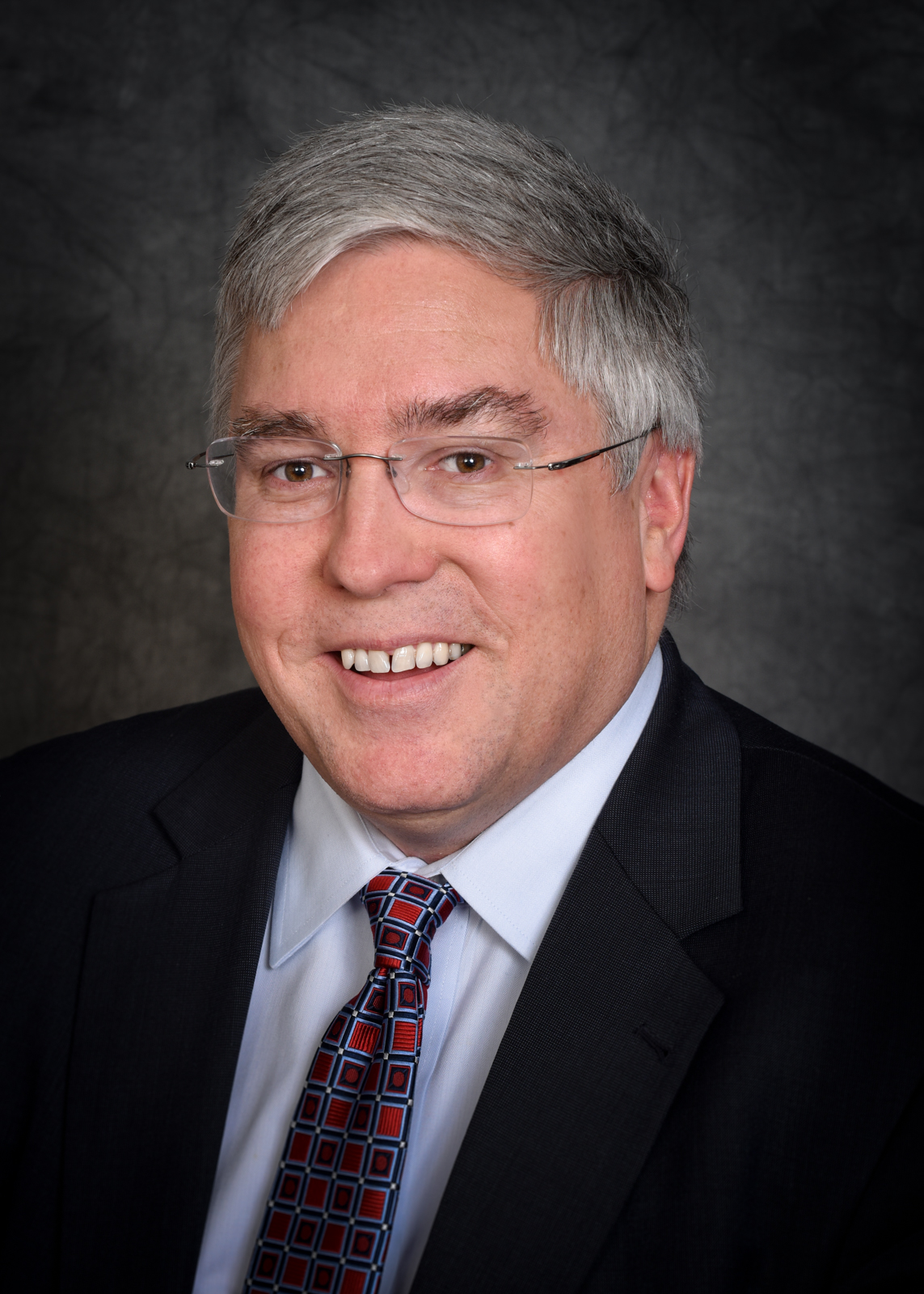
A month after Election Day, West Virginia joined other Republican-led states in supporting a Texas-led lawsuit to the U.S. Supreme Court; the legal effort was directed at the results of Pennsylvania, Georgia, Michigan and Wisconsin, all of which Biden won. The attorneys general alleged officials in the defendant states overstepped their authority and stripped away election security by altering the rules.
“Many Americans and West Virginians have seen their confidence in the electoral system undermined as they watch one report after another outlining the many, many problems with the 2020 elections,” Morrisey said. “That must change.”
Justice and Warner backed Morrisey. The “March for Trump” rally in Charleston and Warner’s related participation happened in the same week as the judicial actions.
“We handled ourselves exactly how it should have been handled here in this state, and we absolutely, overwhelmingly voted for President Trump, and we want President Trump to be able to have his due,” Justice said about the election during a Dec. 9, 2020 coronavirus briefing.
“I don’t know the particulars. I’m not a lawyer. I’m not our attorney general. At the end of the day, I’m sure our attorney general will make the right moves, and I’ll support what he comes up with and everything.”
Mooney and Miller signed a “friend of the court” brief supporting the lawsuit.
“The legislature of every Defendant state had established detailed rules by which that state’s appointment of presidential electors should have been conducted,” the brief states. “However, in the months before the 2020 election, those rules were deliberately changed by both state and non-state actors. The clear authority of those state legislatures to determine the rules for appointing electors was usurped at various times by governors, secretaries of state, election officials, state courts, federal courts, and private parties.”
Mooney also sponsored a resolution expressing support for “efforts to count every legal vote and to investigate and punish election fraud in the 2020 presidential election.”
The Supreme Court denied the effort, saying Texas failed to demonstrate a “judicially cognizable interest in the manner in which another State conducts its elections.” Justices Samuel Alito and Clarence Thomas stated they would have allowed the Republican states to file the motion.
Judges across the country — including Trump appointees — threw out more than 60 lawsuits targeting the election. There has not been credible proof suggesting election fraud impacted the overall results.
Republican lawmakers stood by Trump as he continued arguing about election fraud. As Congress prepared to certify the presidential election, some lawmakers announced they would challenge some states’ results.
Capito was not among them.
“Refusing to count a state’s electoral votes in the absence of such evidence would disenfranchise millions of American voters and call into question the very foundation of representative government enshrined in our Constitution. Therefore, I plan to vote to reject the objections that will be raised and to count the electoral votes that were certified by each state,” she said on Jan. 4, 2021.
“The 2020 presidential election is over. Our country should unite,” Capito added. “We should remember that the values of liberty, freedom, and representative government that unite us as Americans are far more important than our partisan divisions.”
Manchin, who defeated the Trump-endorsed Morrisey in 2018, also rebuffed challenges to certifying election results.
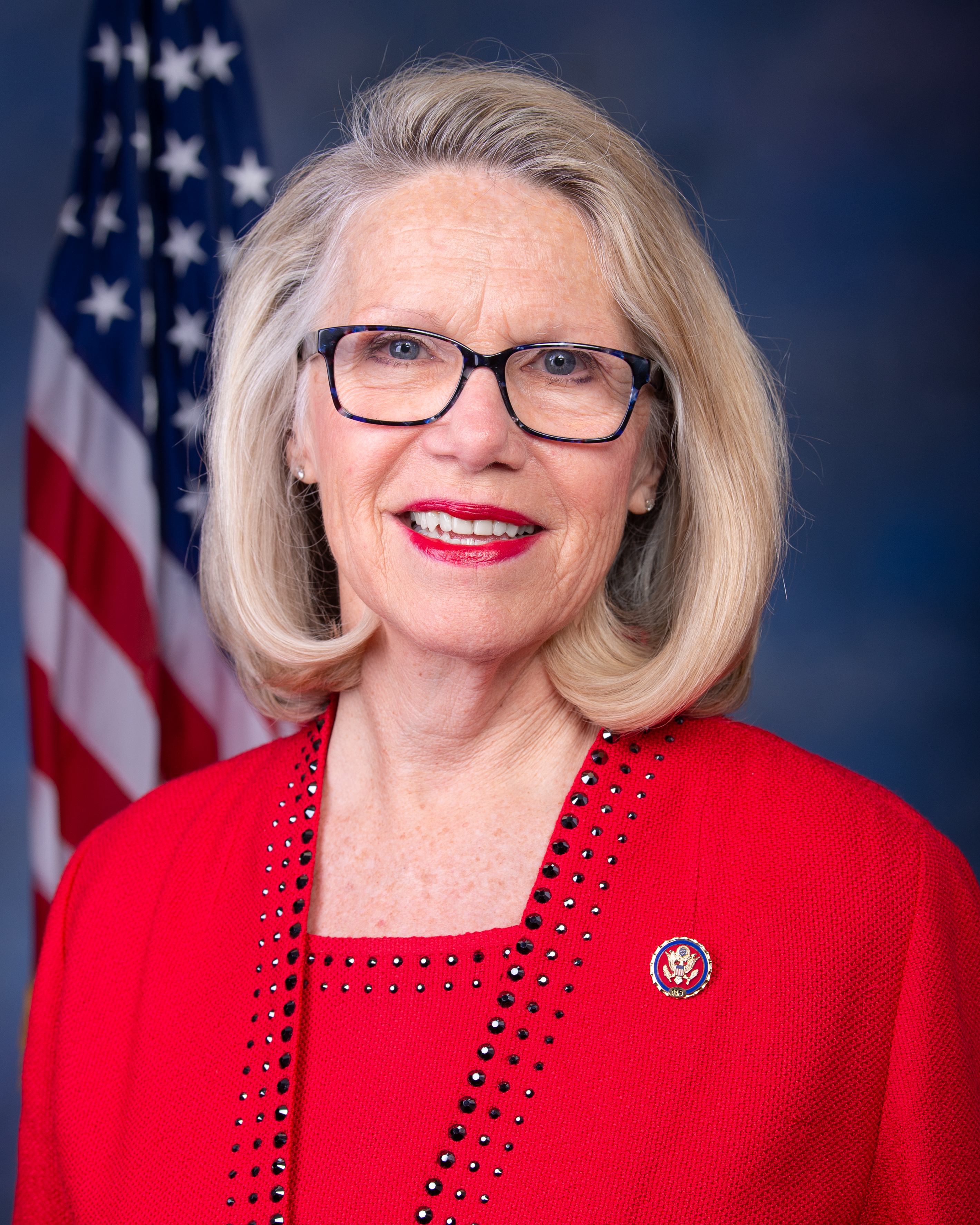
Miller — beginning her second congressional term — announced she would vote against fully verifying the results, citing Democratic objections to past elections and election changes.
“Our system should be so transparent and so trustworthy that no American has reason to doubt the strength and legitimacy of the results. If anyone — from the President of the United States, to a candidate, a cable news anchor, or our neighbors at the grocery store — can cast serious doubt on the outcome of an election then that is not a problem with the individual questioning, that is a problem with the system in place,” she stated in a Jan. 6, 2021 op-ed.
After Trump supporters attempted to halt the certification with the insurrection on the U.S. Capitol, Mooney and Miller voted against certifying some results. Mooney joined colleagues in challenging the results from Pennsylvania and Nevada, while Miller opposed verifying results from Arizona and Pennsylvania. None of the challenges succeeded.
“Congress has a crucial rule to serve as a check and balance on out-of-control state officials who unilaterally change their state’s laws without a legislature’s consent,” Mooney said hours following the violence. “Congress should not accept electors from states where laws were violated, state constitutions were ignored and the legislature was subverted.”
Mooney has recently labeled the riot as a “protest.”
McKinley raised questions regarding how states operated amid the election, but he refused to challenge the results.
“If we believe in states’ rights, we must recognize the Constitution gives the states the power to submit their duly certified electors. We should respect the states’ authority, otherwise we might as well replace the Electoral College with Congress,” he said in a Jan. 6, 2021 press release.
The congressman noted, “Look, I don’t like the results of this election at all. Like most West Virginians I voted for President Trump and am deeply disappointed at the outcome of the election. I am angry and frustrated at what happened with the states in question. However, that does not mean I can deviate from the limited role laid out by the Constitution.”
Ellis described the January 2021 attack on the U.S. Capitol as a byproduct of the baseless claims.
“We have seen on national television what the results of unfiltered, unverified but virally-spread voter fraud rhetoric can do,” he said.
McKinley, Mooney and Miller later opposed impeaching Trump on a charge of inciting the insurrection by repeating false statements regarding the election. Capito and Manchin were split in the trial; Manchin voted to find Trump guilty, while Capito voted against convicting Trump. The Senate vote happened almost a month after Trump left office.
“What happened on January 6 threatened our foundational transfer of power and the actions were an embarrassment to our country and everything that we stand for,” Capito said on Feb. 13, 2021. “The actions and reactions of President Trump were disgraceful, and history will judge him harshly.”
The doubts about the previous election are remain strong as the country goes through the current election cycle. A Monmouth University poll released last November found 32% of Americans believe Biden won through voter fraud, in which 73% of Republicans back that claim. Only 2% of Democrats support the argument.
“If we look at the polling results showing there is a lack of trust in American elections, it also shows us there is a deep partisan divide in this with those who identify or self-identify as Democrats generally more confident in the process and those who identify as Republicans generally less confident in the process,” Herron said.
“When we look at the last election and the race for the presidency, Donald Trump lost. And no one likes it when their candidate loses. That’s a very natural thing about elections,” he added. “Typically, politicians that have lost elections in the United States have sent a message after the elections that they accept the results, and we haven’t seen that in 2020 and still don’t see that.”
The Monmouth University poll also found 54% of Republicans believe attitudes preceding the U.S. Capitol riot were fully or partially justified compared to 27% of all respondents.
During a tele-rally last week benefiting Mooney’s 2nd Congressional District campaign, Trump expressed disgust about the previous election.
“We got more votes than any president in history, and you saw what happened,” the former president declared. “Everybody on this line probably agrees with me that it’s a disgrace, but we have warriors like Alex, and we’re going to get it all back.”
Herron noted Trump still has a large following, and many of his followers maintain their resistance toward accepting the Biden presidency. Mooney, speaking to MetroNews in March about his 2nd Congressional District bid, said he recognized Biden as the president, yet he added the 2020 election was not fair.

“I think it’s good that we challenge them, frankly, because we need to highlight the abuse that is going on,” he said.
“President Trump has done us a great service by objecting and expressing his concerns about how the votes were counted and how the processes were violated. I think it was a great job, and I think you’ve seen some states respond.”
McKinley, Mooney’s colleague and primary opponent, said courts and state officials approved of the results, and he has to recognize those decisions.
“We knew there were violations going on around the country,” he said on the April 21 edition of “MetroNews Talkline.”
As for Warner, he does not regret participating in the “March for Trump” rally or supporting the election results lawsuit.
“Absolutely, I stand by it. That’s what I’m arguing with you today [about],” he told MetroNews. “We still need to be looking at that, and until folks like you and other members of the media are willing to turn over the rocks and look at it and not simply say, ‘There’s nothing to see here, move on,’ or the phrase that is used so often, ‘Even if there was, there wasn’t enough to overturn the outcome of the election’ — that’s the wrong attitude.”
Warner recited conservative arguments related to the election, questioning why election officials in some areas covered the windows at ballot counting areas, how ballots were collected and counted, and Facebook founder Mark Zuckerberg’s $400 million effort directed toward helping local election offices amid the coronavirus pandemic.
“There are so many aspects to this,” he argued. “You have to look at it from the very beginning. From the voter registration process, to the access to the polls on election day, to the tabulation of ballots and which ballots are going to be counted.”
Warner contended reporters have not done enough to examine the election results. When asked about the unsuccessful challenges to the election results, Warner said judges have reasons for not accepting a case.
“The process has to be right. If you violate that process, it’s not an unfair election; you have a questionable election,” he said. “That’s not good for our citizens, our democracy, for the people that we elect. We don’t have confidence that they were elected duly or properly.”

Justice’s office and Capito did not return MetroNews’ interview requests. McKinley, Mooney, Miller and Morrisey were unavailable to talk about the 2020 election, with a Miller spokesperson sending a copy of the congresswoman’s Jan. 6, 2021 op-ed.
“If we really look at the evidence that comes from academic research, from journalists, from courts, from elected officials themselves who have reflected on the outcomes of the election process, there is no evidence that there was systematic fraud that affected the results of the election,” Herron said.
“It doesn’t mean we cannot try to improve the process, but we need to acknowledge and stipulate that the elections were fair and that we can move on to fight another day if our preferred candidate lost.”
State legislatures across the country responded to Biden’s win by introducing and passing restrictive voting measures. Such legislation has been directed at placing new requirements for securing an absentee ballot, presenting voter identification, and early voting.
Ellis noted many of the new laws are mainly targeted toward voters who are “the poorest or least resourced.”
“The opportunities that folks had in 2020 — especially in the face of the pandemic, including drop boxes and a broader acceptance of mail-in voting — depending on which state you’re in, some of those things have been dialed back,” he said. “In addition to stricter election regulation, there have been ongoing investigations in terms of efforts to prove the existence of this fraud.”
In Wisconsin, where Ellis lives, former state Supreme Court Justice Michael Gableman called on lawmakers to decertify the results of the 2020 presidential election. Republican legislators hired Gableman to conduct an inquiry into the previous election, but they are not united on undoing the results.
“All of these things seem to me to point to the narrowing of the process of democracy that has otherwise become more and more accessible to the individual voter and more and more transparent over time to all of us as the body politic itself,” Ellis said. “It seems ironic to me that these calls for more security and more skepticism about individual voters end up taking shots at what voters themselves have chosen to do for themselves.”
He added, “The danger, I think, is that the more life that these sorts of claims about distrusting voters and distrusting election administrators take, the more skeptical we would become about allowing the system to play out for the many, thus the suggestion becomes this power should be reserved for the few.”
West Virginia voters had until May 4 to request an absentee ballot. People could cite the coronavirus as a reason for requesting to vote by mail. The state does not offer drop boxes for voters. West Virginia’s elected officials stand by the state’s process.
“We’re transparent, we show people what we’re doing, we follow the law, and that’s what I would like to see across the United States,” the secretary of state said. “We need to turn those rocks over, examine the process, reveal the results of that process, and that’s how we’re going to regain confidence and have people — whether it’s Republicans or whoever — trust the outcome of the elections.”
Herron noted West Virginia voters should trust election officials in West Virginia and other states.
“We might have voters who are confident in West Virginia’s elections, and there’s good reason to have confidence in the process of our elections,” he explained.
“If you ask them about the process in our neighboring states like Pennsylvania, they might be quick to claim that there was fraud or other problems, in part because of the rhetoric they have heard.”

